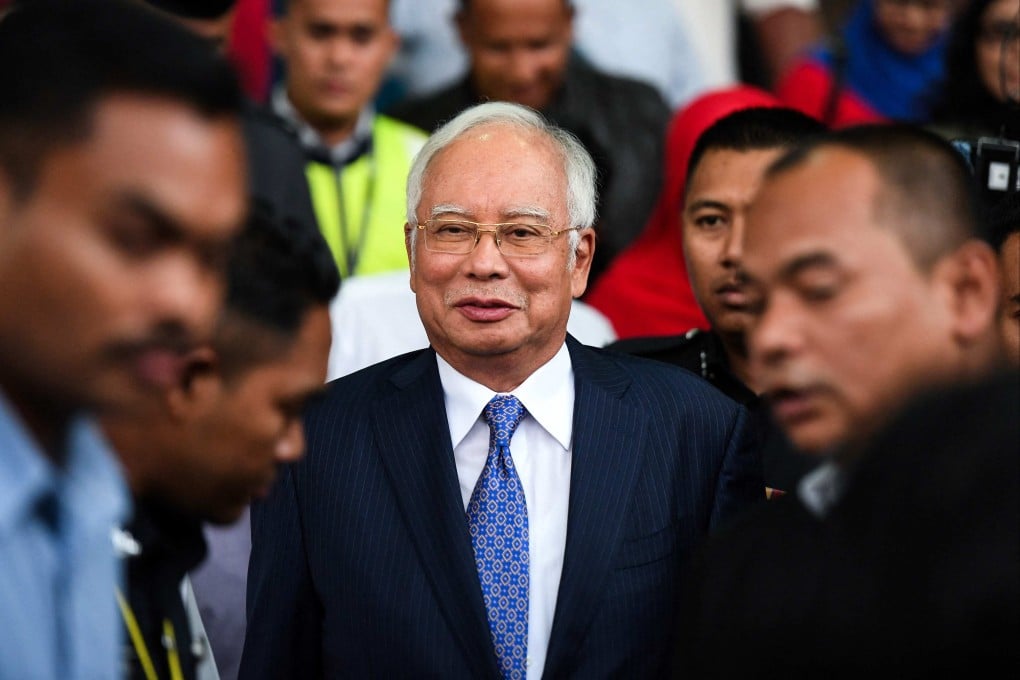Letters | In Najib case, Malaysians must trust that king acted with conscience and care
- Readers discuss the decision to halve the prison sentence of Malaysia’s former prime minister, and the enactment of a common civil code by the state of Uttarakhand in India

Yet the law on the pardon in Malaysia has been long established. It goes as far back as 1979 when Lord President Suffian, delivering the judgment of the Federal Court in Public Prosecutor v Lim Hiang Seoh, said that “when considering whether to confirm, commute, remit or pardon”, His Majesty’s decisions “are a matter solely for the executive” and that “we cannot confirm or vary them; we have no jurisdiction to do so. The royal prerogative of mercy, as is recognised by its inclusion in Chapter 3 of Part IV of the Constitution, is an executive power”.
Many years later in 2023, and after another four apex court decisions in 1985, 1986, 2002 and 2020, the Court of Appeal in the case of Datuk Seri Anwar bin Ibrahim v Mohd Khairul Azam bin Abdul Aziz and another appeal, said: “The long and consistent established position of the law in Malaysia is that the prerogative power of the [king] … is non-justiciable.”
The so-called decision of the pardons board in respect of Najib’s sentence is a decision under Article 42 of the federal constitution. It is a decision of the Malaysian king himself, exercising a power of high prerogative of mercy. The then Supreme Court in the case of Sim Kie Chon v Superintendent of Pudu Prison and Ors (1985) described this power as follows: “The power of mercy is a high prerogative exercisable by the [king] … who acts with the greatest conscience and care and without fear of influence from any quarter.”
The Federal Court in another case involving Datuk Seri Anwar Ibrahim in 2021 explained that there are “certain exceptions” under the federal constitution which provide that the king “may act in his personal discretion” and that these include “the prerogative of mercy”.
Malaysians must have trust in the process where the king “acts with the greatest conscience and care and without fear of influence from any quarter”.
